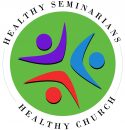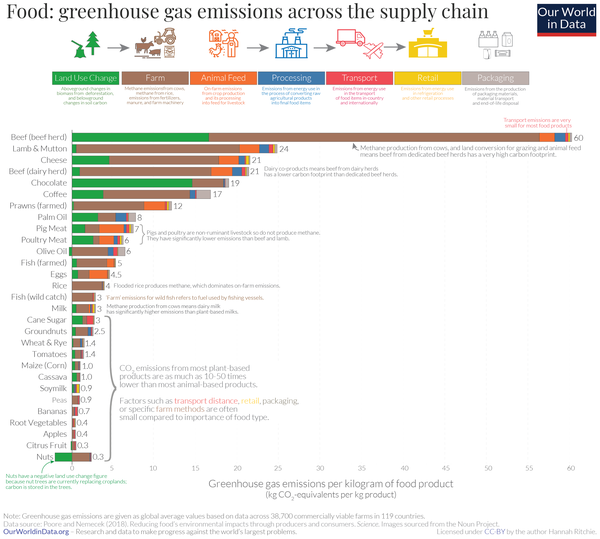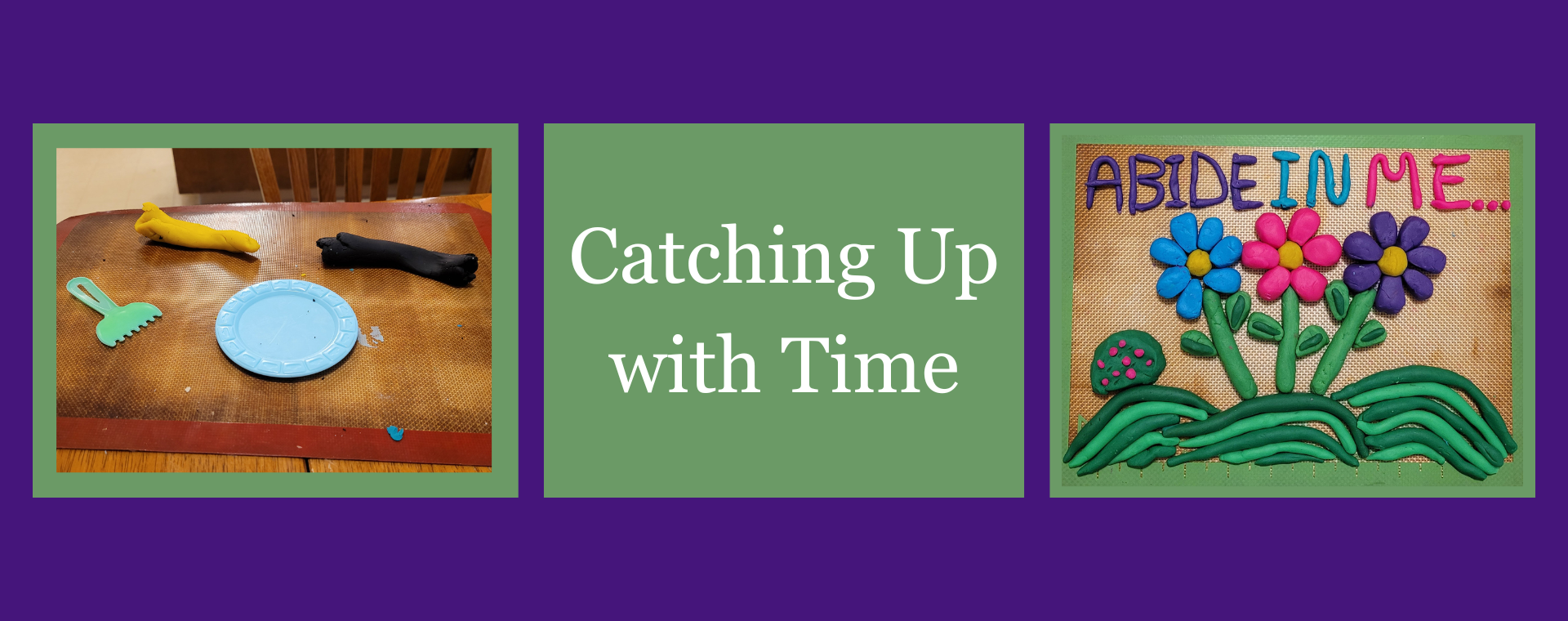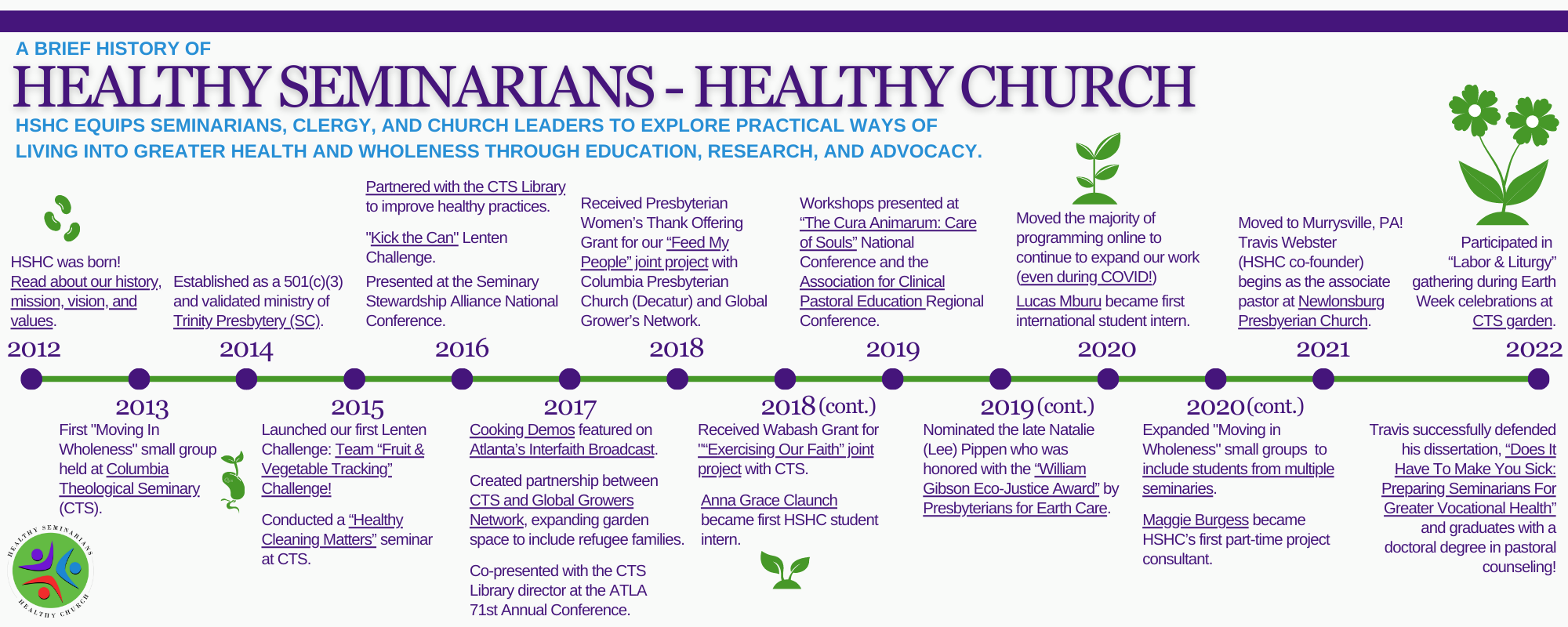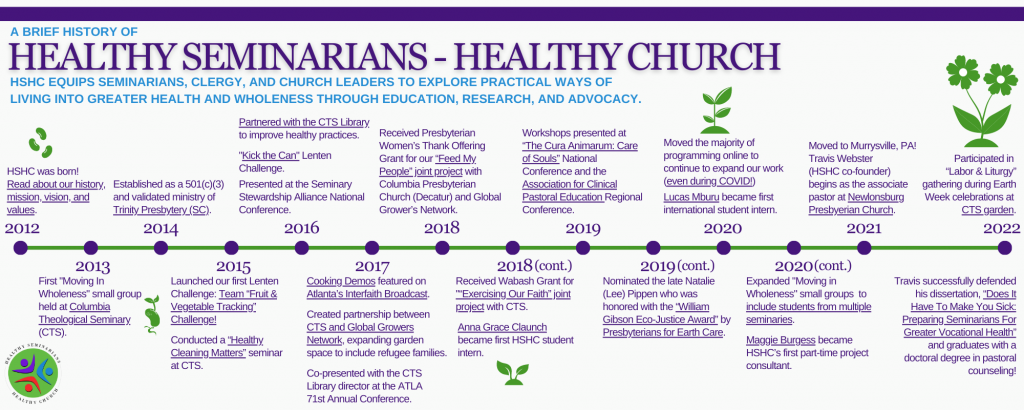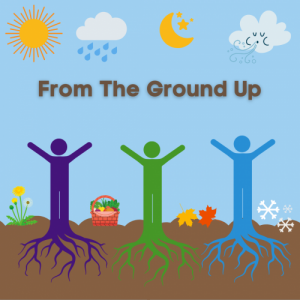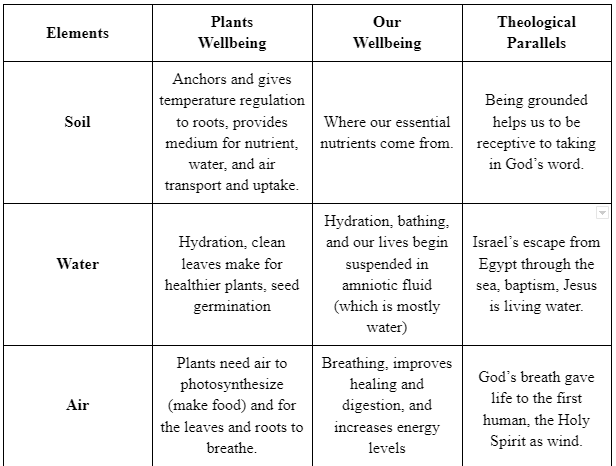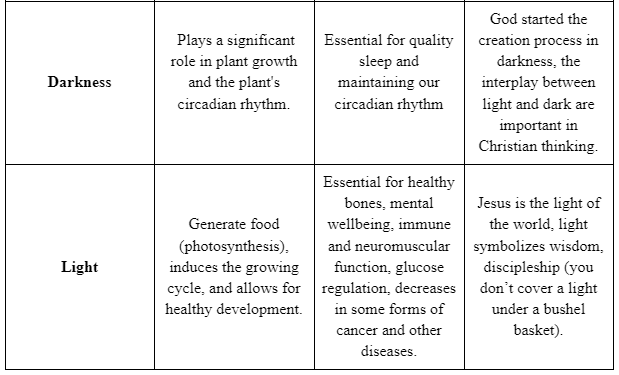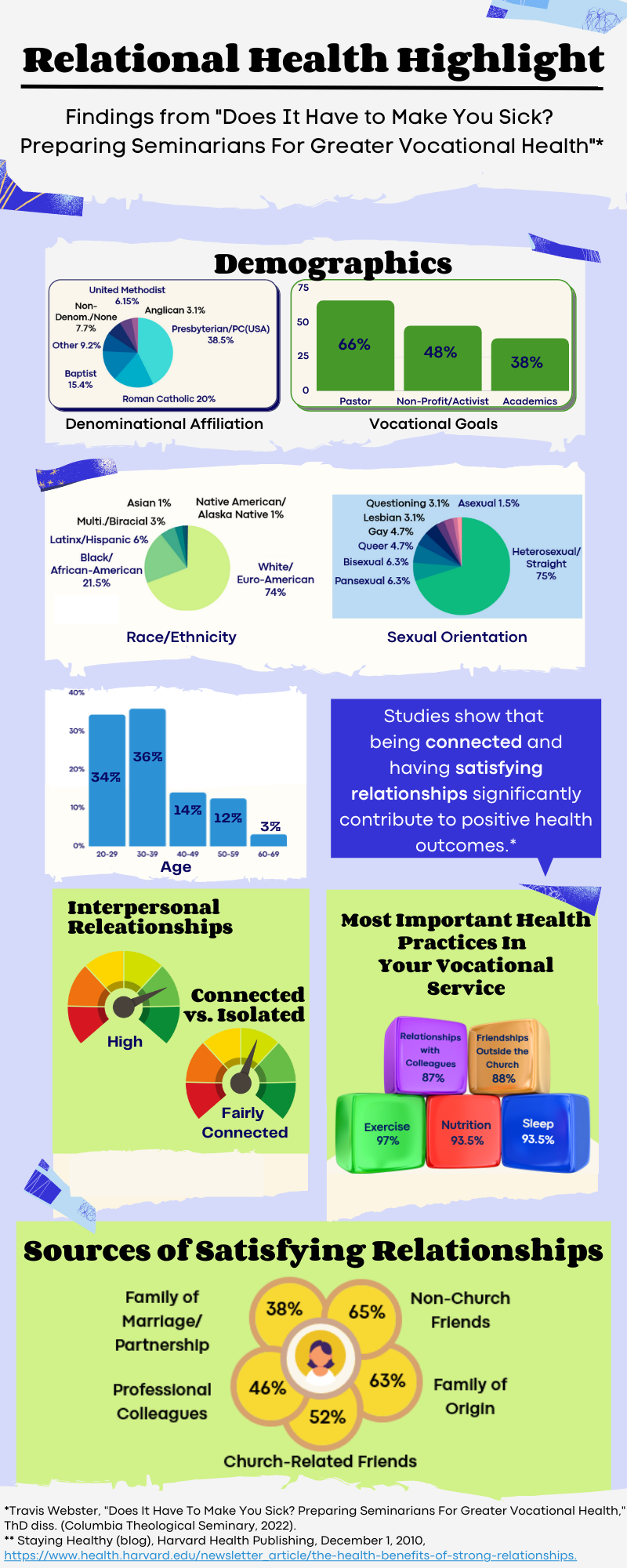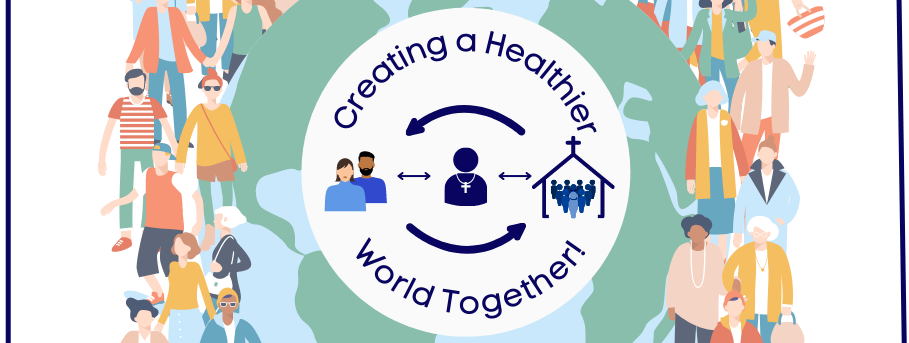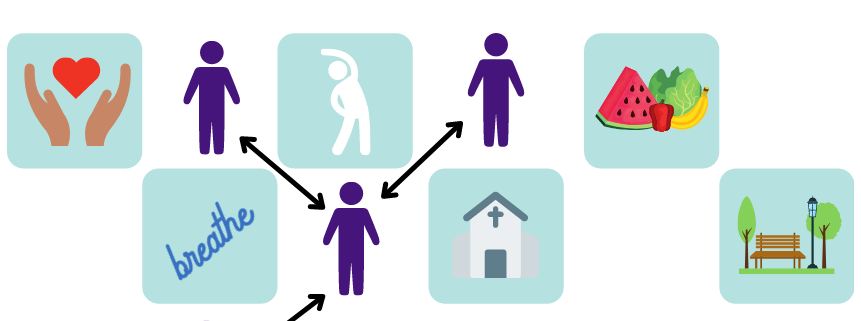100+ Years of Wisdom
When Travis’ maternal grandmother turned 90, his family decided to establish a call schedule so that different family members could check in with her each morning and evening. Since she was still living at home, this gave everyone the opportunity to make sure she was okay and see if she needed anything. At the time, I volunteered to take one of the time slots because I thought this would be a wonderful opportunity to get to know her better.
Fast forward 12 years… I’m still calling Granny (what she told me to call her) every Monday morning! Yes, it is truly amazing: at the end of August, she turned 102 and still lives at home!
During our conversations over the past dozen years, we have covered a lot of ground together (both literally and figuratively, as I have called her not only from the three different states in which I have lived during that time, but also while traveling both domestically and internationally). We talk about everything: the weather, what we did over the past weekend, and our plans for the upcoming week, as well as what we’ve recently read or learned.
Several weeks ago, she asked how our backyard garden was coming along. I gave her a brief update about what we were harvesting (tons of tomatoes and raspberries!) and I also shared how busy it was in the garden, with all of the birds (one of her favorite subjects!), butterflies, and bees bustling about.
Upon hearing this, she paused for a moment and then said, “You know, Karen, there is a tremendous amount of life happening outside, all around us, that I think a lot of people are missing,” followed by the question she often asks me after making a statement: “What do you think?”
“Granny, I couldn’t agree with you more!”
Our conversation continued as she shared a brief account of some of what she had already observed outside her sunroom in the few hours she had been awake that morning – the variety of birds that had visited her birdfeeders, the number of squirrels fussing with one another, the people who had walked, run, or biked by her house (many of whom wave to her each day as they pass), the color of the morning sky… outside is, indeed, full of life!
As many of you know, during the month of September, HSHC is holding our 4th annual Miles For Ministry challenge and annual fundraiser. This year, we picked the theme “Move Out” precisely for the reason that Granny mentioned: there is a tremendous amount of life happening outside, which is easy to overlook if we aren’t paying attention.
The consequences? Not only do we miss out on the many personal health benefits of being outside, but we also fail to see the daily reminders of how totally interconnected the wellbeing of all Creation is. Out of sight, out of mind!
If you have not yet registered for our “Move Out” challenge this month, it is not too late! You can still make a commitment to yourself (and to God) to spend more time outside during the rest of this month (and, hopefully, in the months to come!) by participating in activities that not only bring you joy, but also promote greater awareness and appreciation for the abundance of life that surrounds us all.
As you know, your support, in the form of prayers, encouragement, financial contributions, and letting others know about HSHC, helps us continue “Moving Out” into our vocation of improving the health of seminarians, congregations, communities, and the Creation. Please click here if you would like to make a gift towards these efforts.
We look forward to seeing you outside!
May all be well,
Karen H. Webster
HSHC Co-founder/Executive Director
“Apply your heart to instruction and your ear to words of knowledge.” – Proverbs 23:12 (ESV)
